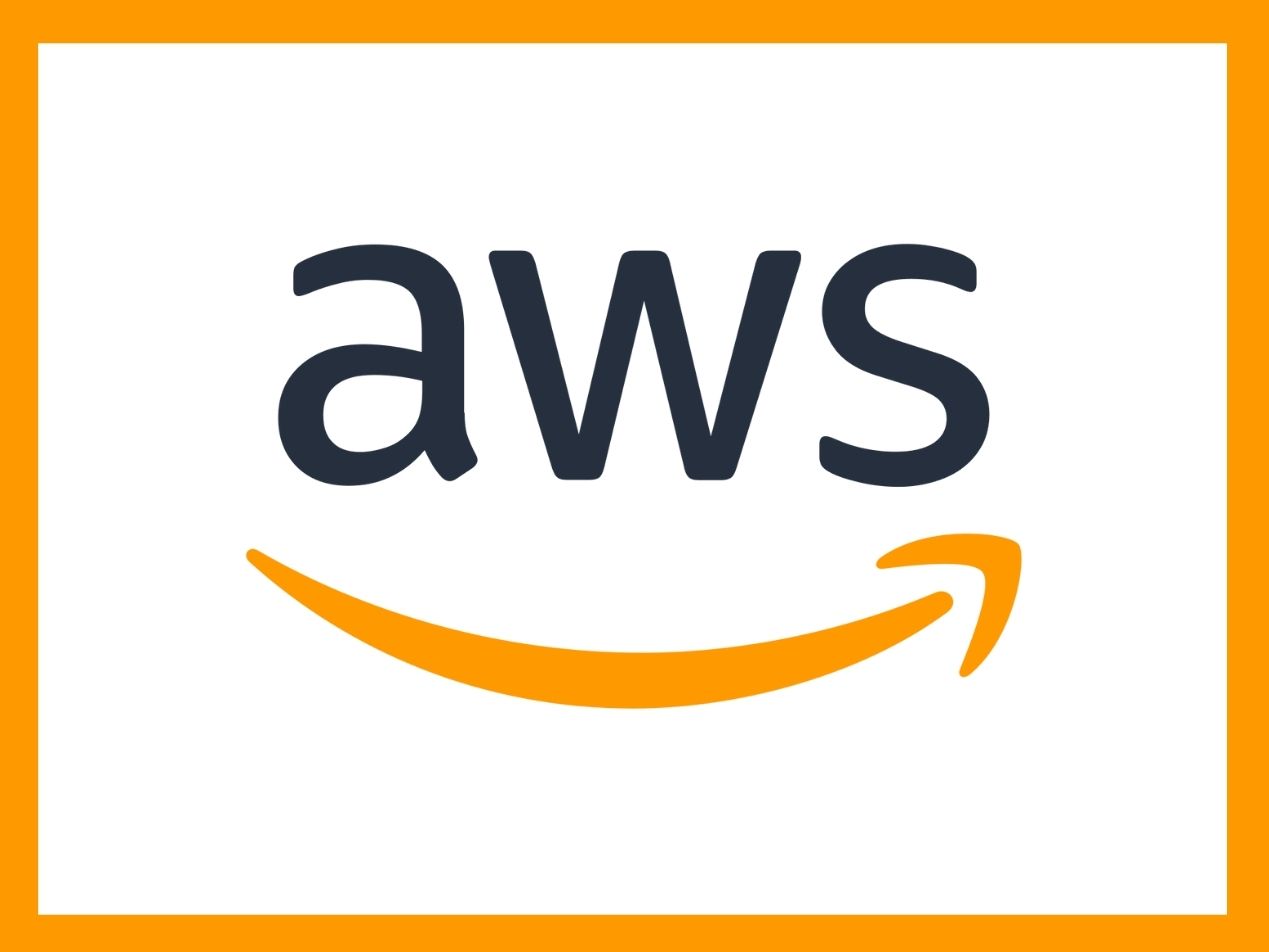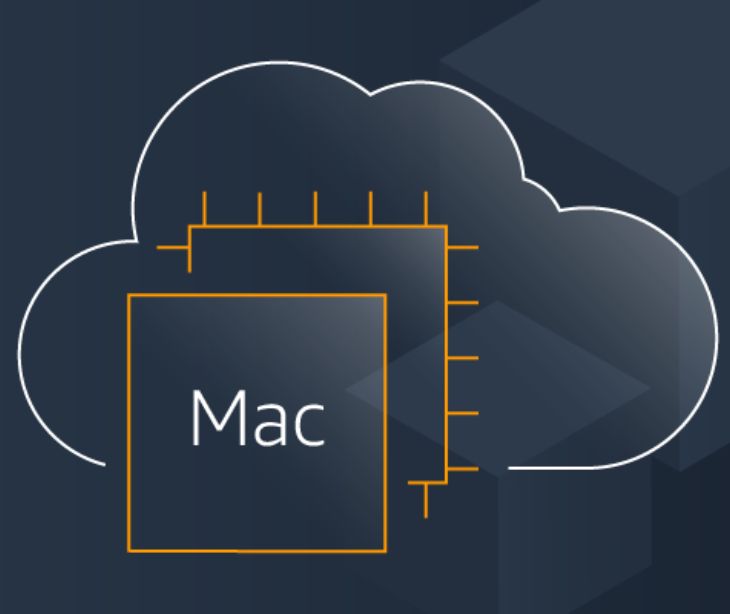
Amazon Web Services, or AWS, is like a huge digital toolbox in the cloud, offering all sorts of tools and services that help businesses run their operations smoothly online, including those in healthcare.
Understanding AWS
AWS is a collection of various online services provided by Amazon. According to the AWS website, “ AWS is architected to be the most secure global cloud infrastructure on which to build, migrate, and manage applications and workloads. This is backed by our deep set of 300 security services and features and the trust of our millions of customers…” These services include computing power, storage options, and networking capabilities, all hosted over the internet. AWS's core components encompass
- Scalable virtual servers with Elastic Compute Cloud (EC2)
- Secure and scalable object storage with Simple Storage Service (S3)
- A managed relational database service with Relational Database Service (RDS)
These foundational services are part of an extensive portfolio that caters to diverse needs ranging from machine learning and artificial intelligence to the Internet of Things (IoT).
The AWS global infrastructure
The AWS global infrastructure consists of a network of data centers spread across various geographical regions and connected through multiple Availability Zones. Each region represents a specific area of the world, like North America or Europe, and contains multiple Availability Zones, which are clusters of data centers. This setup ensures high availability and redundancy, meaning that if one data center faces issues, others can take over, ensuring uninterrupted service for AWS users.
See also: What is geofencing and when is it effective?
Key implementations of AWS
The main ways in which Amazon Web Services are used, include:
Cloud hosting
AWS provides a platform for hosting websites and web applications. Companies use AWS to host their websites, ensuring high availability and scalability.
Storage and backup
AWS offers cloud storage solutions like Amazon S3 for storing data and files, and services like Amazon Glacier for long-term backup. These are used for regular data storage needs as well as disaster recovery.
Compute power
AWS provides scalable computing power with services like Amazon EC2 (Elastic Compute Cloud). This allows businesses to run applications, perform complex calculations, or operate large-scale virtual IT infrastructures.
Database services
AWS offers a range of database services like Amazon RDS (Relational Database Service) and Amazon DynamoDB. These services are used for managing and scaling databases without the hassle of hardware provisioning and maintenance.
Content delivery and networking
AWS's content delivery network (CDN), Amazon CloudFront, helps in distributing content globally with low latency. This is crucial for delivering large files and streaming content efficiently.
Machine learning and artificial intelligence
AWS provides tools and services for machine learning and AI applications, enabling businesses to build sophisticated models, analyze data, and integrate intelligent features into their applications.
See also: Is Amazon Web Services (AWS) HIPAA compliant?
Advantages of using AWS
- Speed and agility: With AWS, you can quickly deploy new applications, scale up as your workload grows, and access computing resources in minutes. This enables faster development and deployment of applications.
- Global reach: AWS has data centers in multiple geographic regions, allowing you to host your applications in specific regions to meet latency or regulatory requirements.
- Wide range of services: AWS offers a vast array of services, including computing power, storage options, networking, and databases, tailored to different business needs. This allows for a one-stop-shop for cloud computing needs.
- Integration and compatibility: AWS services are designed to work together, and they integrate with existing applications and systems, providing a seamless cloud experience.
See also: HIPAA Compliant Email: The Definitive Guide
FAQs
What is AWS in basic terms?
AWS, or Amazon Web Services, is a comprehensive cloud platform that provides a variety of services like hosting websites, storing data, and running applications over the internet.
What is AWS software used for?
AWS software is used for a wide range of cloud computing services, including web hosting, data storage, computing power, and various other IT resources and applications.
Which language is used for AWS?
AWS supports multiple programming languages including Python and Java.
Subscribe to Paubox Weekly
Every Friday we bring you the most important news from Paubox. Our aim is to make you smarter, faster.




